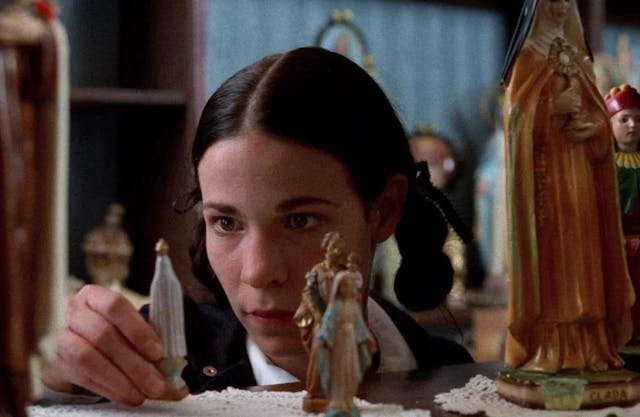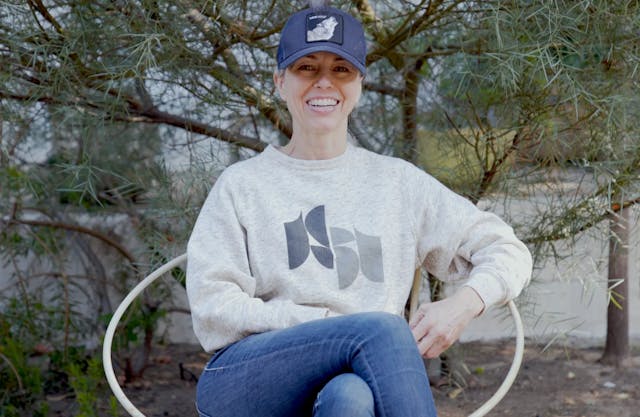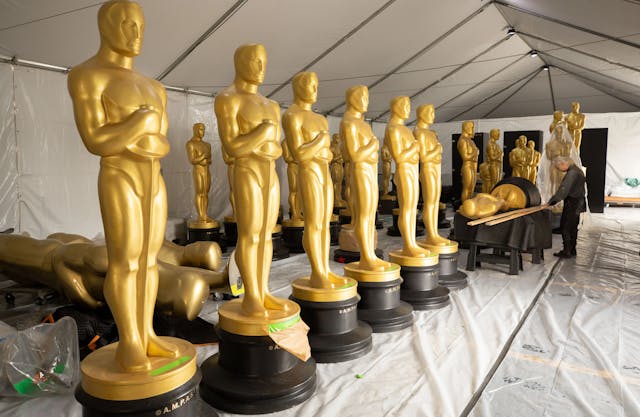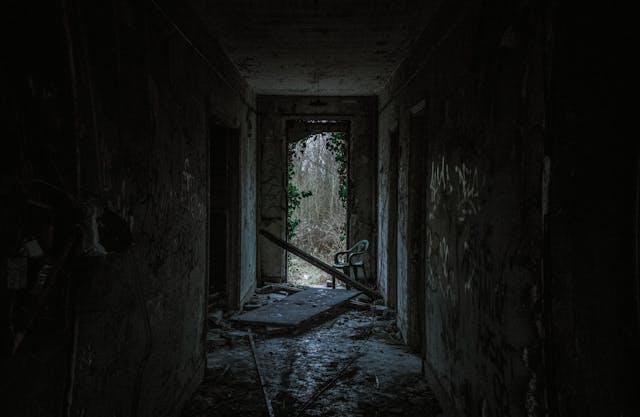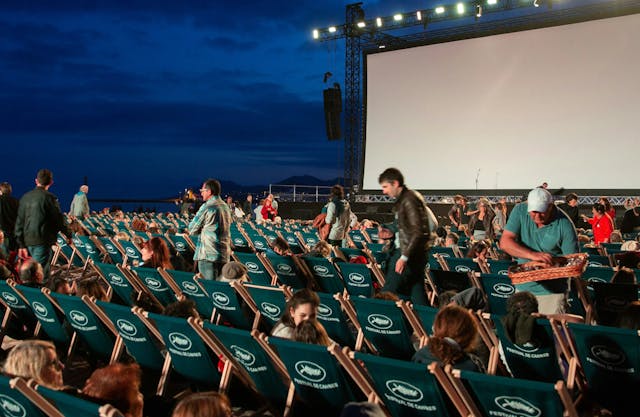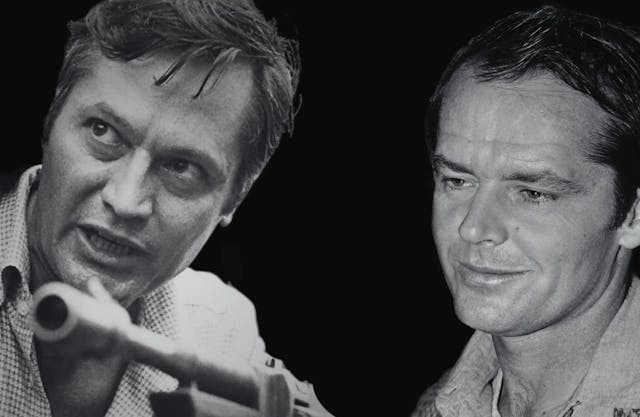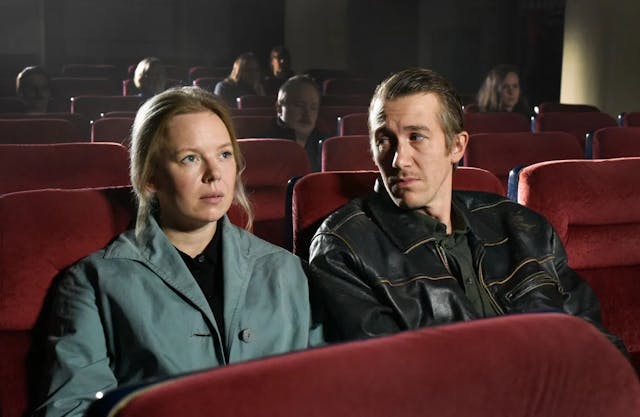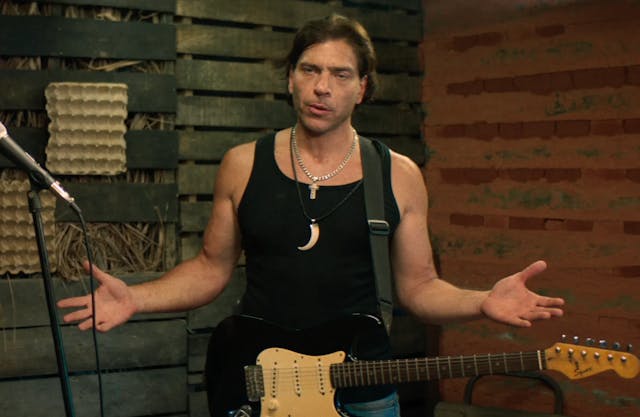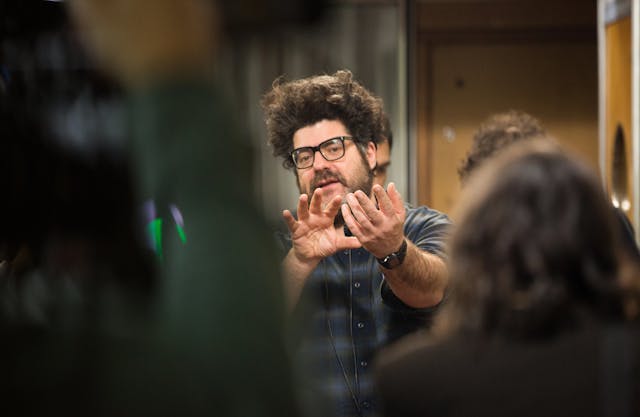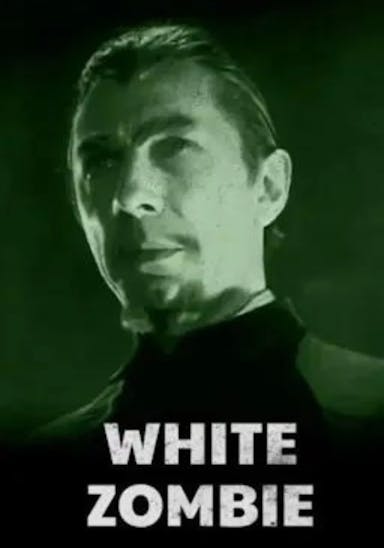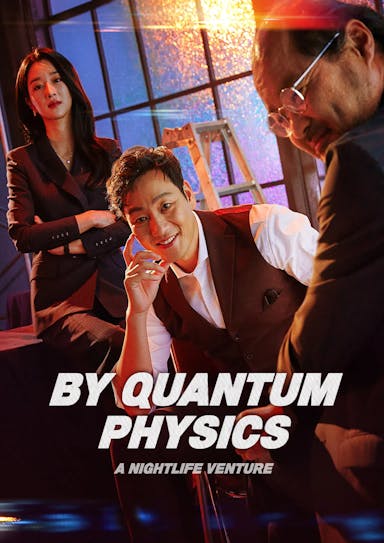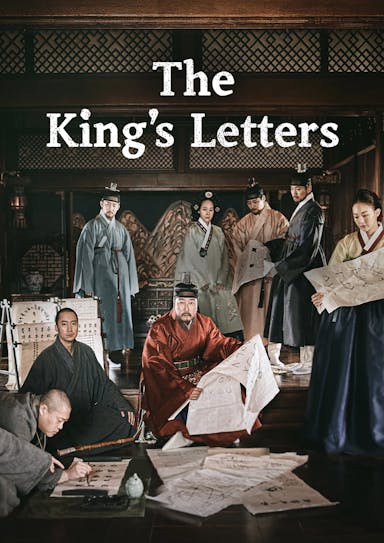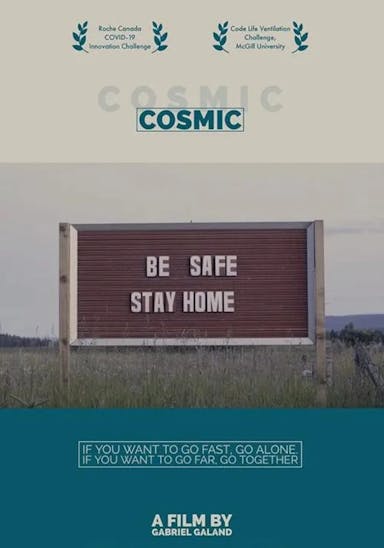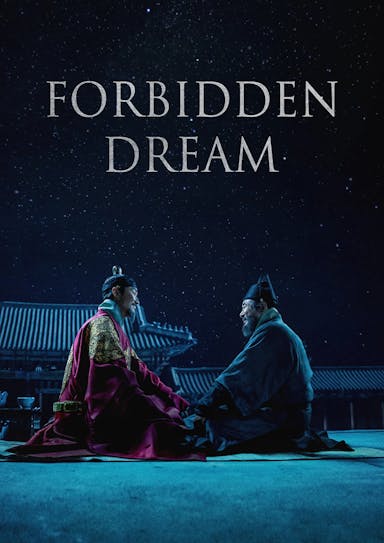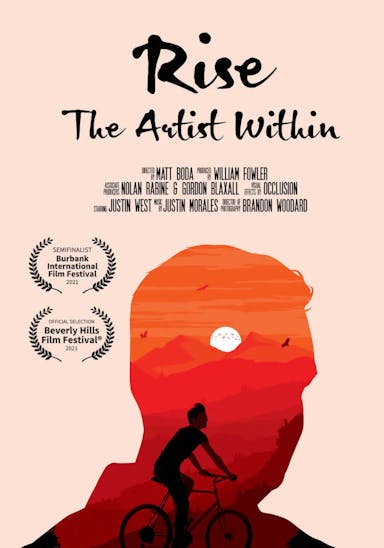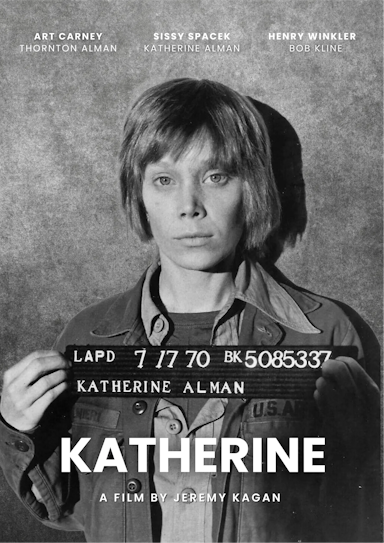"The Efficiency Expert" revels in the past of the stars of today.
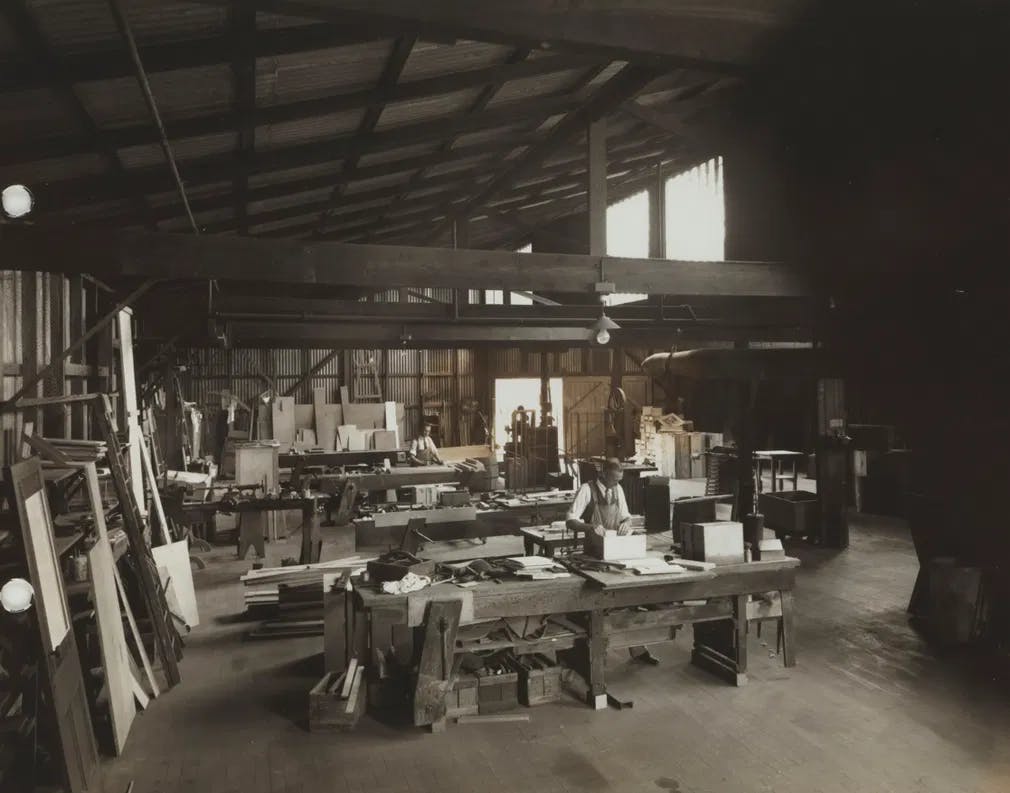
Before the home video era, the lifespan of most movies was brief. Years after a theatrical run, you could catch them on TV, and then…nothing. Sure, the biggest, most popular films would get new engagement on the big screen occasionally, but most would vanish in the ether. Cables, home video tapes, DVDs, and now streaming services afford new life - eternal? - to those middle-tier films that otherwise would be unavailable. The upside is that they allow us to see the first efforts of established stars with long careers. It is a distinctive pleasure to spot a known face in the background of a scene. The shock of recognition is akin to finding an old friend in an unexpected place, with the bonus of seeing them impossibly young, as if time had moved backward. Wait until you see the riches displayed in "The Efficiency Expert."
A Warm-Hearted Wonder from Down Under
“The Efficiency Expert” is an Australian production. It was originally released in its home country as “Spotswood,” the name of the small town where the action takes place. The period comedy takes you back to the late sixties. Anthony Hopkins is Errol Wallace, a consultant hired by old-fashioned companies keen on improving their productivity. A dash of industrial intrigue has turned his latest job into a potential riot when his report is leaked to the unions. He finds a refuge of sorts in his latest job. Across town, he visits the unfortunately named “Balls” show factory. Led by the elderly Mr. Ball (Alwyn Kurts), the place is filled with an extended cast of eccentric characters who are more family than employees. Mr. Ball seems uninterested in making changes, but Wallace sets out to do his job. In the process, he will become a catalyst for change.
"The Efficiency Expert" is a perfect example of a particular kind of comedy that flourished in the later XX Century. It's a warm-hearted, popular - populist? - fantasy that looks at cutthroat late-stage capitalism and the effects of neoliberalism economic policy with suspicion. Think of "The Full Monty" (Peter Cattaneo, 1997) as the genre's apotheosis, with its group of unemployed men regaining their self-respect by turning into strippers - the movie made the veteran British actor Tom Wilkinson a major character actor in America. With his recent death still fresh in the news, it is worth a rewatch.
The Business of Selling Foreign Whimsy
The narrative arc finds the heartless shark getting educated in humanism and, in this case, striving to find the sweet spot where the demands of business and the heart are equally served. This genre was the bread and butter of Miramax at its heyday and the many independent distributors that emerged in its rise.
The movie opened in Australia in November 1991. It was promptly snatched for US distribution and repackaged in the afterglow of the monster success of "The Silence of the Lambs." Jonathan Demme's fantastic thriller opened on Valentine's Day, 1991, and made Welsh veteran actor Anthony Hopkins a major star. "The Efficiency Expert" benefited from US-based distributors' interest in harvesting more box-office hits selling the Hopkins name. Hence, the title was changed to pivot the focus from the collective stories of the townsfolk to his character. The posters incongruously feature him ankle-deep in a river with his pants rolled up, holding a watch. A swimsuit-clad beauty flanks him. Yes, there is a river in the town of Spotswood, and the girl looks like actress Rebecca Rigg, who plays Mr. Ball's daughter, Cheryl. The image is very far from the tone of the comedy and the characters' relationship.
The movie falls under the indie portmanteau in the US market, but it's not necessarily an indie production as we understand it to be in America, nor a low budget movie. Many foreign films are born under a hybrid financial model that includes a combination of private investment, state-funded subsidies, and studio money. Such is the case of "The Efficiency Expert," which comes from the Australian Film Finance Corporation.
Working Hard to Put People Out of Work
Hopkins-as-Wallace is a rather sober character. He goes about his routine with, well, efficiency. His serious, solemn manner comes not from emotional constipation but from the deep knowledge that his work has a massive, mostly negative impact in the lives of people. The framing subplot finds him delivering a report on Durmack Auto Industries. The car manufacturer must cut part of its workforce to be viable. We find out Wallace is not a soulless money man when it's revealed that his cut-back recommendations have been inflated by his partner, who leaks the altered document to inflame the fire of a union strike in a negotiation gambit that ultimately will make the actual cuts look as a concession from the executive suite. This way, they would ease the company's sale to American investors. This plot development allows us to believe Wallace can take a humane approach to his work, as opposed to his conniving partner.
Hopkins’ character is a kinder, nicer Scrooge, a money man inadvertently captured in an education plot designed to make him reclaim his humanity. He is a precursor to George Clooney’s downsizing executive in “Up in the Air” (Jason Reitman, 2009). The evil twin of this prototype is the unrepentant, capitalistic monster, doing his bidding symbolically or concretely. Think Patrick Bateman (Christian Bale) in “American Psycho” (Mary Harron, 2000) or Jordan Belfort (Leonardo Dicaprio) in “The Wolf of Wall Street” (Martin Scorsese, 2013).
The marketing choices around the US release of the movie perform a bait-and-switch. “The Efficiency Expert” is not an Anthony Hopkins vehicle but an ensemble piece that spreads its attention among many characters. If we label Hopkins the protagonist, he has a worthy co-protagonist in Ben Mendelsohn as Carey, the teenage son of a veteran who worked at Balls, finding his footing in the factory. When Wallace takes him under his wing, dreams of a better future bloom in him and his family. Romantic entanglements enrich the coming-of-age narrative. He has a soulmate in his best friend Wendi (Toni Colette). Still, he gets easily distracted by the beautiful but snobbish Cheryl (Rebecca Rigg), the boss’s daughter, who comes in for a stint before going to the city to follow a modeling career.
By the time “The Efficiency Expert” came out, Hopkins was a well-established international star. “The Silence of the Lambs” pushed his career to a late-career renaissance, with meaty roles in movies like “Howard’s End” (James Ivory, 1992), “Bram Stoker’s Dracula” (Francis Ford Coppola, 1992), “The Remains of the Day” (Ivory, 1993), “Legends of the Fall” (Edward Zwick, 1994) and many more. For 20 years, Hopkins was extremely prolific and had an unexpectedly long and sturdy hold on A-list productions. In this context, “The Efficiency Expert” is a mid-tier effort, a slight piece of entertainment.
Hey! It's That Guy! It's That Gal!
The movie excels in offering a fantastic showcase for a new crop of Australian stars, positioning them to take over Hollywood. I was shocked to see Ben Mendelsohn as a lovelorn teenager, holding his own against a major talent like Hopkins at such a tender age. I thought that Mendelsohn had come out of the womb looking like a grizzled 50-year-old since day one, but no, once upon a time, he was young.
Not only that, but he is a contemporary of Toni Colette. She was two years away from her international breakthrough as the Abba-obsessed romantic in “Muriel’s Wedding” (P.J. Hogan, 1994). She would jump off to Hollywood, taking roots in indies and studio pictures, hitting the milestone of an Academy Award nomination for Best Supporting Actress with “The Sixth Sense” (M. Night Shyamalan, 1999).
Also at hand, looking alarmingly young, is a bay-faced Russell Crowe, playing the smarmy sales agent Kim. In this piece, he plays the closest thing to a villain, competing with Carey for Cheryl's attention. He plans to marry her, inherit the factory, and sell it to foreign interests for profit. Alas, Wallace's ethic evolution extends kindness even to this repellent character - you can imagine a Hollywood remake punishing him with scorn. Like Colette, Crowe was two years away from his international breakthrough, playing a conflicted skinhead in "Romper Stomper" (Geoffrey Wright, 1994). In contrast to Colette and Crowe, Mendelsohn became rooted in the Australian industry. Rather than taking over Hollywood overnight, he infiltrated the industry as a character actor, gracing with his presence A-list critical favorites like "The New World" (Terrence Malick, 2005), blockbusters like "The Dark Knight Rises" (Christopher Nolan, 2012), and prestige streaming TV with Netflix's "Bloodline."
More Stars Before Hitting the Big Time
Sweet Tooth
This horror short is the first film credit of Thimotée Chalamet, who is set to conquer the box office with the second installment of Dennis Villeneuve’s “Dune” trilogy, to be released in February 2024. “Sweet Tooth” is inspired by the Brothers Grimm’s “Hansel & Gretel” fairy tale. Chalamet may have been about 12 years old at the time of the shooting and was still going by “Timothy. He stars with Jackie Rhoads as a lost brother and sister in the woods, finding refuge and a magnificent display of cakes and pastries in a lonely cabin. Little do they know, they are falling into the trap of a bloodthirsty witch! This 9-minute short is a must for Timmy lovers and haters alike. Don’t tell Kylie Jenner!
The Trouble with Bliss
Two years before her breakthrough in the indie ensemble piece “Short Term 12” (Destin Daniel Cretton, 2013) and five years before winning an Oscar for “Room” (Lenny Abrahamson, 2015), Brie Larson took a striking supporting role in this coming-of-age comedy. Alas, she is not the one growing up on-screen. That arc belongs to Michael C. Hall, playing a stunted wanna-be writer who accidentally engages in an affair with the teen daughter of an old schoolmate. It sounds creepy, but Larson’s self-possessed performance goes a long way to sell the idea that her character is wise beyond her years. You can read our full review.
Mother's Boys
We know...it's a stretch to say Jamie Lee Curtis was an unknown when this thriller came out in 1993. But the phenomenon of her early Scream Queen years with "Halloween" (1978) was long past, and her '80s run of comedic hits petering out. Although she was still busy, her profile was on the wane. Enter "Mother's Boys," a trashy but delightful movie coming at the tail of the "...from hell" thriller, a trend that started with "Fatal Attraction" (Adrian Lyne, 1987) - with Glen Close as the mistress from hell! - and includes movies like "The Hand that Rocks the Cradle" (Curtis Hanson, 1992) - Rebeca De Mornay is the nanny from hell! -. "Mother's Boys" is a late entry in the genre. Curtis, playing against type, is the villain of the story: a deadbeat mom who returns a few years after abandoning her family and goes ballistic when her former husband and her new girl decide she is a bad influence on the kids. Murderous shenanigans ensue. The movie is a perfect '90s nostalgia trip, up to the casting of Peter Gallagher and Joanne Walley-Kilmer as the couple under siege. Vanessa Redgrave is at hand to class up the joint. Or to slum for a meal ticket, depending on how you want to see it. It's heartening to consider that 30 years later, Curtis would get a Best Supporting Oscar Actress for "Everything Everywhere All at Once" (The Daniels, 2023).
Ruby in Paradise
Ashley Judd barely had a TV appearance and a brief apparition in a disposable Christian Slater vehicle when the perfect breakthrough role came her way. She plays the title role in Victor Nuñez's "Ruby in Paradise" (1993), a marvelously lyrical, earthbound character piece about a young girl running from an abusive relationship and trying to make a new life in an off-season resort town. She fends off the attention of two very different romantic interests - including actor-director Todd Field, living his own 'who is that guy?' moment - but her character is not defined by the attention of men. Ruby's great adventure is to find herself. Judd anchors every scene in the movie with star power you can't deny.
Addicted to Fresno
After years of courting success in TV and film comedies, Aubrey Plaza is the It Girl of the moment. Blame it on the blockbuster success of the second season of the Max anthology series "The White Lotus" and the Sundance success of the ethical thriller "Emily, the Criminal" (John Patton Ford, 2022). 2024 promises to be a fantastic year for her, with Francis Ford Coppola's eagerly awaited "Megalopolis" completing post-production soon. In the meantime, you should catch her in the ensemble comedy "Addicted to Fresno," a wacky comedy from Jamie Babbit. The director secured her cult status with the queer comedy "But I Am a Cheerleader" (1999). Here, she reunites with star Natasha Lyonne and brings Judy Greer along, casting them against type as a duo of wildly opposite sisters. Lyonne is a sensible, responsible person, trying to help Greer as a messy sex addict. Plaza is the gym trainer with a crush on the good sister.
Want to get an email when we publish new content?
Subscribe today